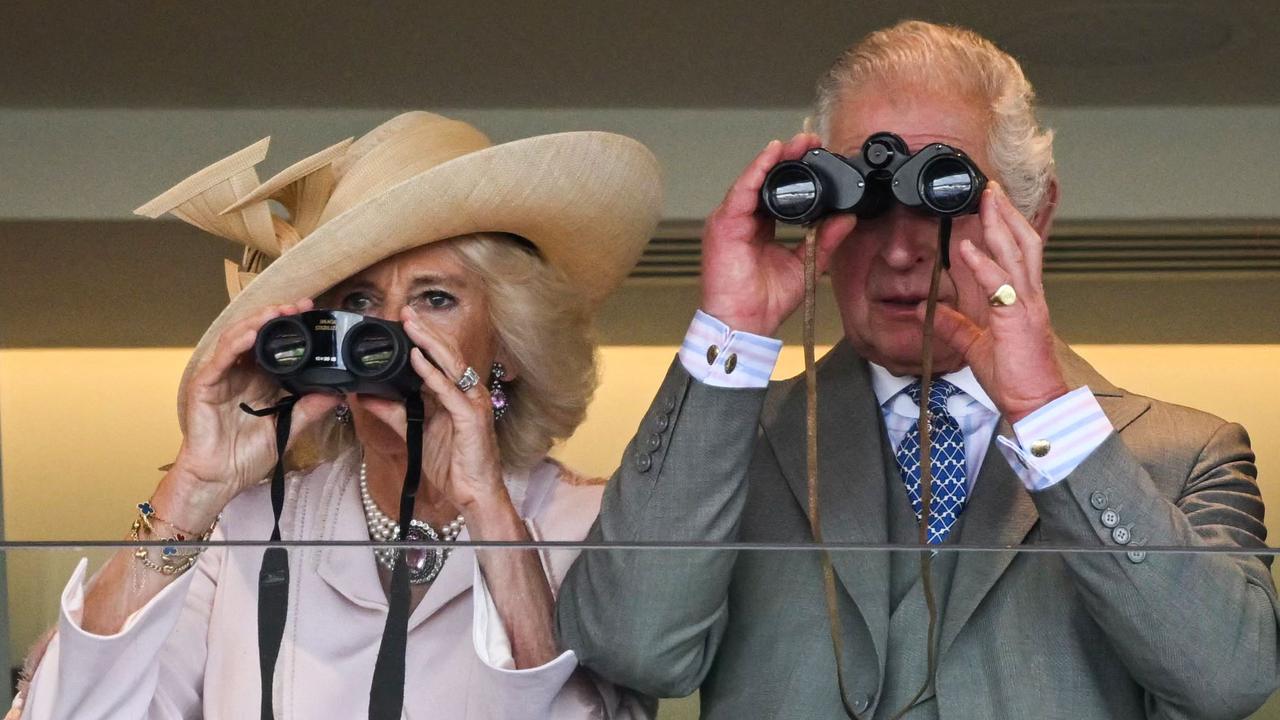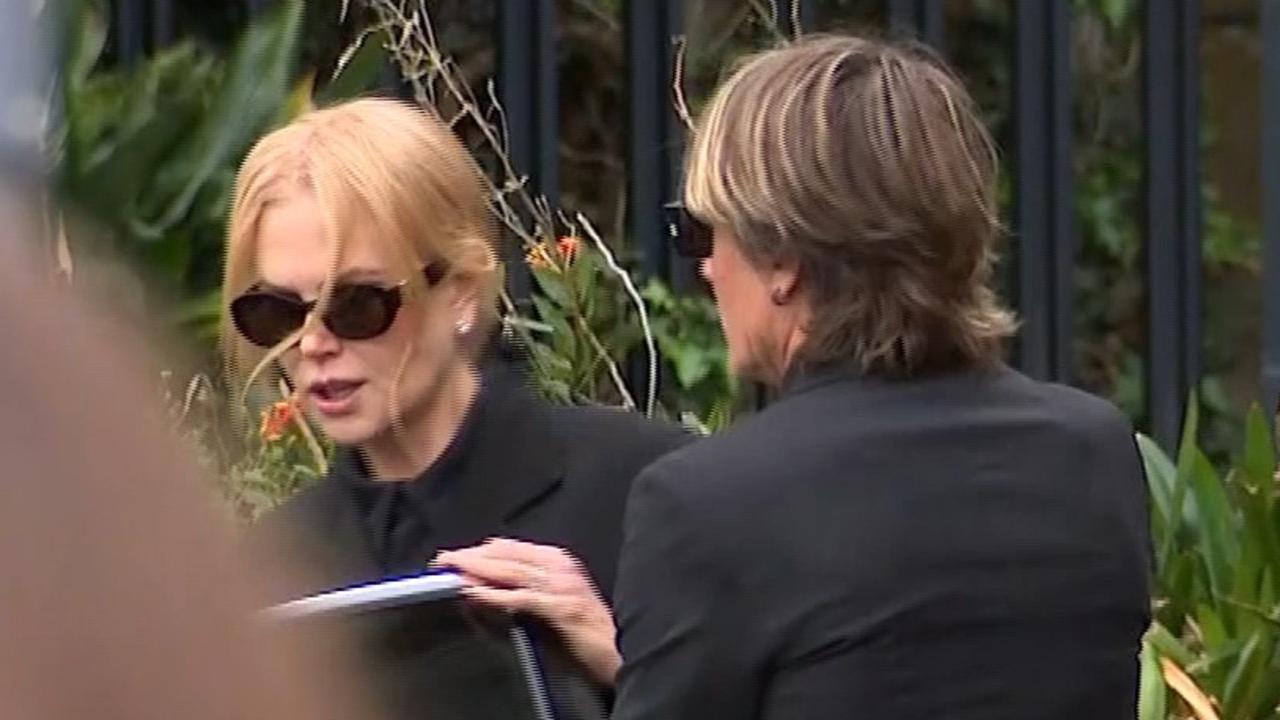Australia Towards 2031: Citizens to work longer, live longer over next 10 years
Handshakes and kids’ sport will come back to stay but we will never return to life as we knew it before Covid according to new research. We reveal the changes expected in the next 10 years.
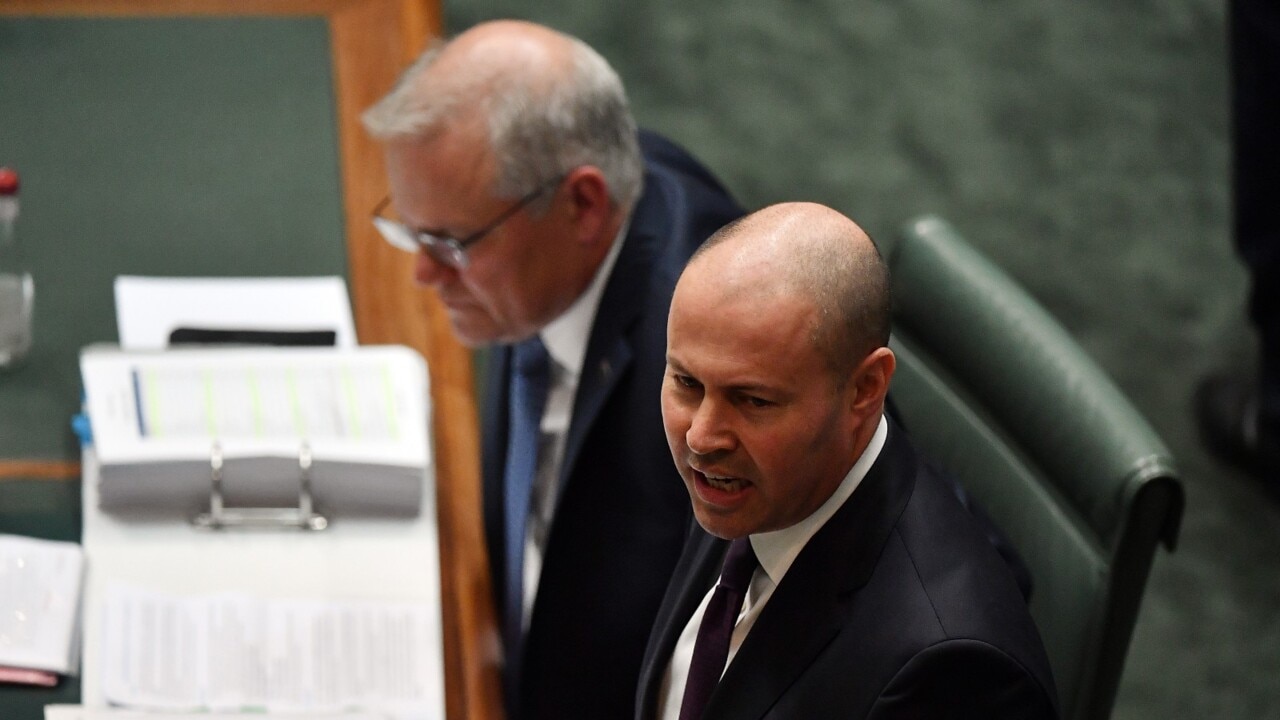
NSW
Don't miss out on the headlines from NSW. Followed categories will be added to My News.
They are the words every locked down Aussie is desperate to hear – but rest assured, normal life will return.
Saturday sport, birthday parties, visiting elderly relatives, dinners out with friends and even hugs and handshakes will all make a comeback in our new Covid normal, according to social researcher Mark McCrindle, whose new report Australia Towards 2031 looks at what life will be like in the next 10 years.
With Covid as its catalyst, the country is in the midst of a massive transformation as demographic changes combine with huge social shifts, ongoing generational transitions and unprecedented technological innovation.
We will be working longer, living longer and dreaming bigger, with a move to the regions and focus on community and connection never higher on the agenda.
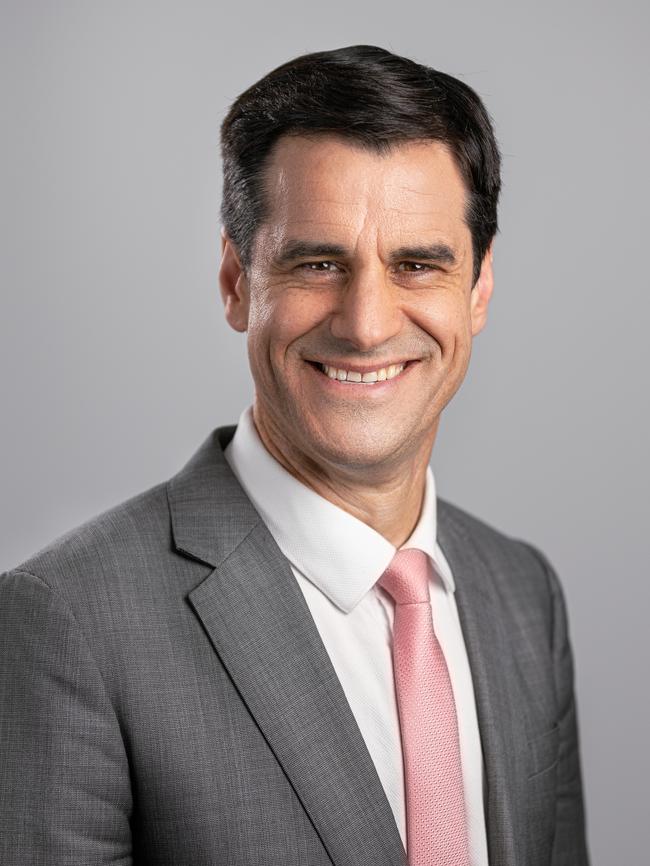
“I’ve heard people say we will never shake hands again, that is way off the mark,” McCrindle told Saturday Extra
“The timeless human drivers for physical connection and the speed at which we return to old ways after a crisis mean the handshake and the hug have a bright future.
“The life that we generally know – the kids playing the sport on Saturday, catch-ups at the cafe and having friends go to visit our elderly parents in aged care and birthday parties – all those sorts of things are here to stay, and they will come back.”
But from regional growth to redefined work practices, it’s not the continuation of how things were, but the start of a whole new reality, he said.
We are not experiencing a reset, as much as a reinvention. And if you’re wondering if we will recover from 18 months of pandemic hardships — whether they be social, economic or mental — the answer is we will and we’ll emerge stronger and better than before.
“There is definitely a sense of loss and disappointment in the class of 2020, and now the class of 21,” McCrindle said.
“However, I actually think that there are a lot of positives to come from it and overall I believe that in 10, 20, 30 years, when today’s youngsters look back on this time, they will say it was the making of me because it is creating resilience.
“It is forging character that people talk about
“What we have now is a one-in-100-year adversity – it is a global and deep challenge at almost every level in life and yet we’re seeing the kids being resilient and adapting.
“I think young people will actually be the better for it in the long term.”
Completed last month, McCrindle’s research has looked at long-term data sets and established trends that Australians will embrace within the next 10 years. He said while Covid has been the catalyst for significant changes to our lives over the last 18 months, it was the reset we needed to allow ourselves to reimagine a better life.
“We had everything we needed to work from home, we had all of the technology and the productivity tools, the shared project tools, the digital collaborative tools, time tracking, all of that existed,” he said.
“But it did require the means, the motivation, the reason for us to suddenly get from home and prove that it worked and it has worked remarkably well.
“It’s one of those massive changes that has been well accepted by employees who are appreciating the flexibility, the time saving from commutes and the cost savings as well.
“And the employers are happy with it in terms of the measures of productivity have been strong.”
Got a news tip? Email weekendtele@news.com.au
He said in the long term, workers will move to a hybrid model of half the week in the office, half at home.
“It is something that’s here to stay,” he said.
“It’s been the biggest transformation to work in more than a century and it needed Covid to usher it in.”
The collective grief of lost moments – school formals, milestone birthdays, cancelled holidays – shall pass and Covid has caused a re-evaluation of life and what matters most, resulting in the country’s current mini baby boom.
“We’re not particularly a nation that looks at life and priorities and values, we just get on with it and are very practical and pragmatic,” McCrindle said.
“But Covid has caused us to prioritise.
“It’s caused an evaluation of life and what matters most. That’s been evidenced by the little baby boom that we’re starting to see, with some local health district data showing there’s been a mini spike in births and this is against a long-term trend of declining fertility rates.
“That’s a signal that the people are saying, you know what, we can’t really afford it, we’re not really ready for it, but let’s have another one.”
House prices are at record highs and those in employment are being forced to spend less so they’re splashing out on things that make them happy. Second-hand cars, boats and caravans are in hot demand and 63 per cent of Australians believe they will be in a better financial position by 2031 than they are today.
In the next year or two, half of Australians plan on looking for a new home to rent or buy that incorporates more of what they value – a backyard, detached housing and a home office.
“There is a lot of money that’s out there and people are again (thinking) ‘let’s not die wondering, let’s do it’,” McCrindle said.
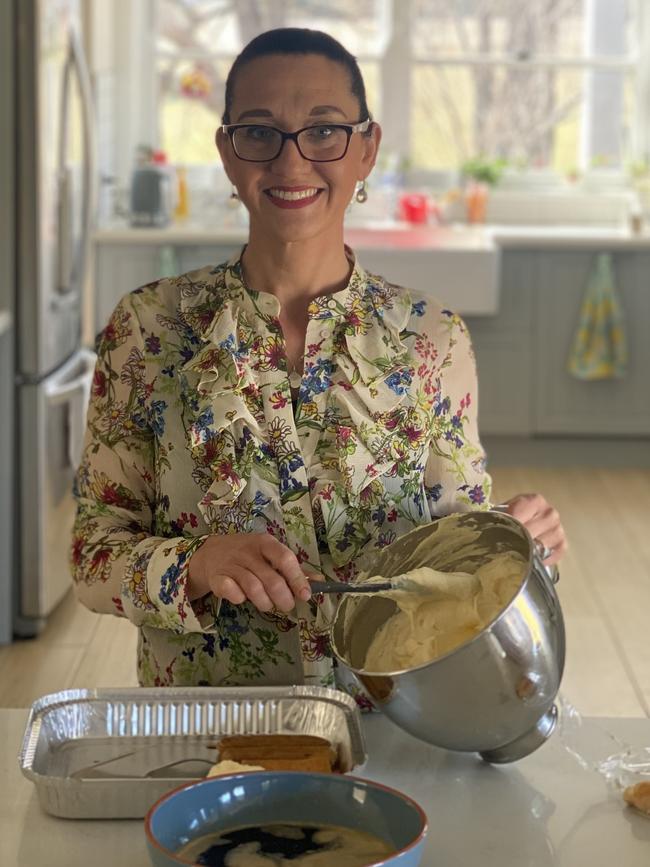
“We’ve seen people head to the bush or for the sea change, and that’s always been the dream.
“That was never going to happen until a catalyst like Covid threw the cards in the air.
“Everything is up for grabs now that the job’s not there and the kids aren’t going to school.
“So, why not? If not now, when?
“That has led to this massive regional growth, which I think is excellent for Australia.
“It’s the rebalancing of our population that we needed away from just Sydney and Melbourne to the regions and the lifestyle. People chase the liveability, importantly, the affordability, as house prices continue to rise.
“And now the fact that you can take your city job and work it from the region has been the perfect enabler for this massive rise of the regions.”
Some 60 per cent of Australians who don’t currently live in a regional area have considered moving to a regional area and 42 per cent are attracted to the idea of moving away.
Mother-of-three Licia Curro and her family moved from Sydney to Mudgee to escape city prices and let their boys grow up in the country and they haven’t looked back.
Together with her brother, the 39-year-old has used Covid to take stock and evaluate her work-life balance, stepping away from full-time employment and just this month opening her own business, Delicia’s Italian, doing what she loves from home. In just three weeks, her business has grown exponentially.
“This pandemic has really taught us what’s important, and for me that was being able to work doing something I love, and being around for my boys,” she said.
“Cooking for me is everything.
“So the fact I can create the dishes I was raised on and the local community are loving them, really changes everything for us.
“It’s what life is about.”
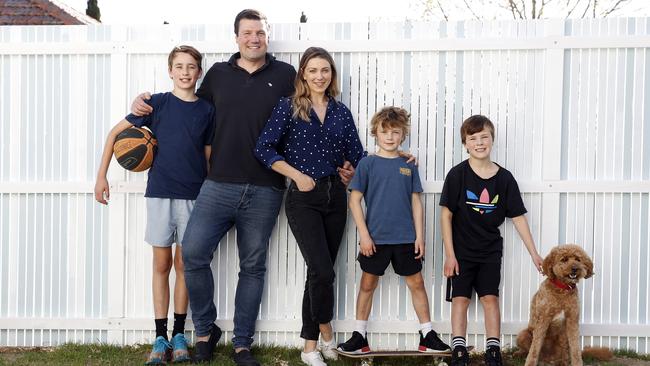
And wellness will reach new heights, with 83 per cent of people making an effort to prioritise their health and wellbeing and 76 per cent making an effort to avoid a sedentary lifestyle.
Mother-of-three and physio Jemma McGeachie said her growing family and her patients had realised the importance of exercise to not only maintain physical health, but also mental health.
“Moving into a post-Covid normal, hopefully we will see our exercise routines benefit all aspects of our lives, from structured gym classes to playing soccer at the park with the kids,” said the founder and principal physiotherapist at North Physiotherapy.
“The time we have had to spend with our families and appreciate the simple things will hopefully transpire into our post Covid norms, with less rushing about and more time being outdoors with the family.”
Got a news tip? Email weekendtele@news.com.au
More Coverage
Originally published as Australia Towards 2031: Citizens to work longer, live longer over next 10 years




